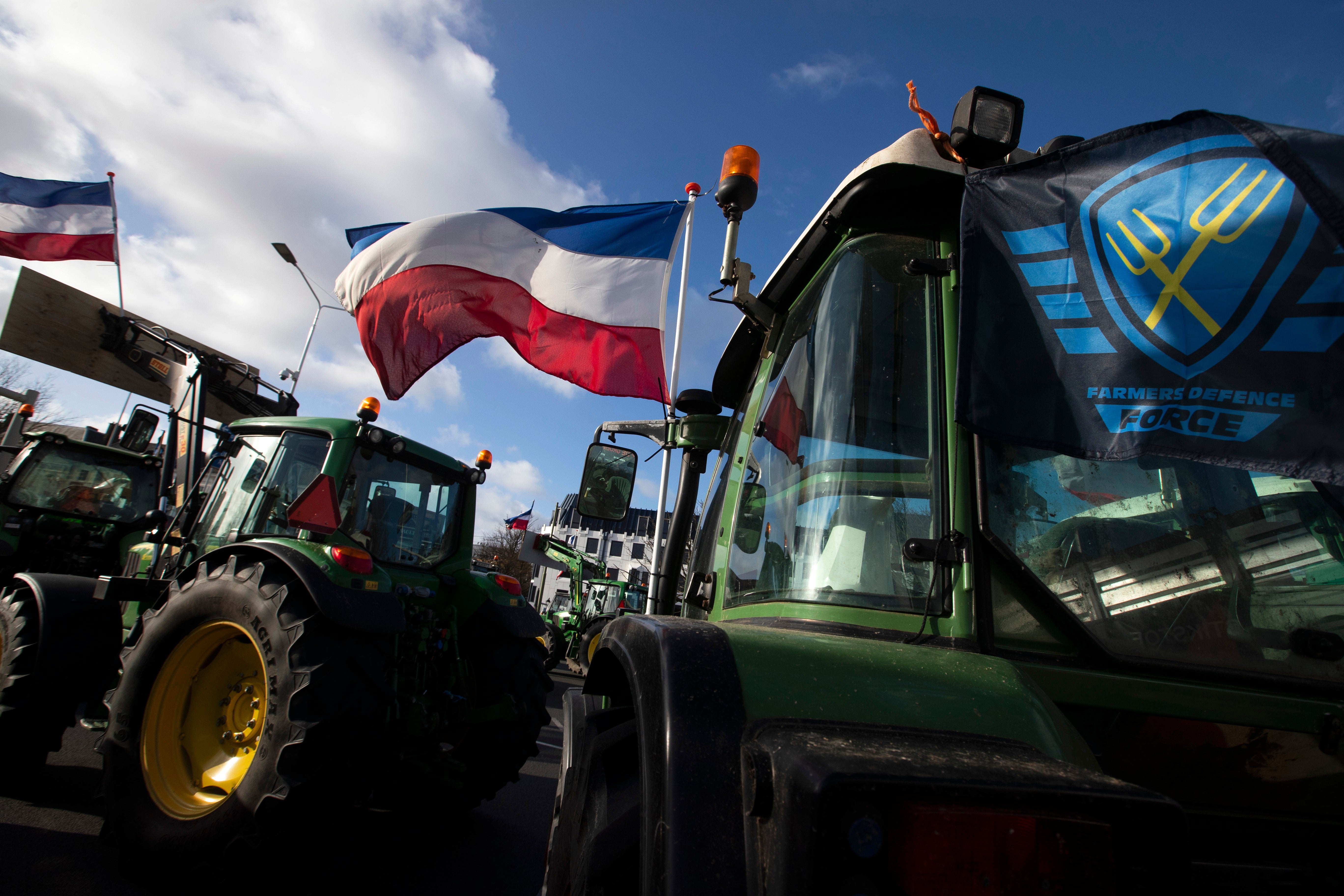Dutch plan to cut nitrogen emissions gets EU green light
Dutch government plans to drastically cut emissions of nitrogen pollution have cleared a key hurdle

Dutch government plans to drastically cut emissions of nitrogen pollution cleared a key hurdle Tuesday when the European Union's executive arm gave the green light to farm buyout schemes worth nearly 1.5 billion euros ($1.65 billion).
The plans to reduce nitrogen deposits — mainly by livestock farms — on EU-designated areas of vulnerable nature have sparked heated debate and widespread protests by angry farmers in this small nation that is a major producer and exporter of farm products. Dutch agricultural exports were worth 122.3 billion euros last year, according to the national statistics office.
The Dutch ruling coalition wants to cut emissions of pollutants, predominantly nitrogen oxide and ammonia, by 50% nationwide by 2030. It was not immediately clear how much of that target could be met using the EU-approved funds.
Nitrogen pollution makes climate change worse and can harm biodiversity, according to the UN Environment Program.
A key part of the Dutch strategy involves buying up and halting work at farms responsible for large-scale emissions of nitrogen. However, that required confirmation from the European Commission that the buyouts do not amount to state aid that is banned under EU rules.
Margrethe Vestager, Executive Vice-President in charge of competition policy, said in a statement that the two schemes approved would clear the way for the “voluntary closure” of farms responsible for major nitrogen emissions.
“The schemes will improve the environment conditions in those areas and will promote a more sustainable and environmentally friendly production in the livestock sector, without unduly distorting competition,” she said.
The Dutch government had no immediate reaction. The minister responsible is expected to inform lawmakers about the decision later Tuesday.
A pro-agriculture political party won Dutch provincial elections in March, underscoring the depth of discontent among farmers and other sections of society that has been fueled by the nitrogen reduction plans. The Dutch central government has tasked provincial legislatures with formulating and implementing exact proposals to reduce nitrogen emissions.
Farmers have held several large demonstrations, blocking highways and supermarket warehouses last year to protest the reforms that they cast as an existential threat to their way of life.
The demonstrations have also spread to neighboring Belgium, where hundreds of farmers drove their tractors into downtown Brussels last month to protest plans to cut nitrogen pollution.
Bookmark popover
Removed from bookmarks